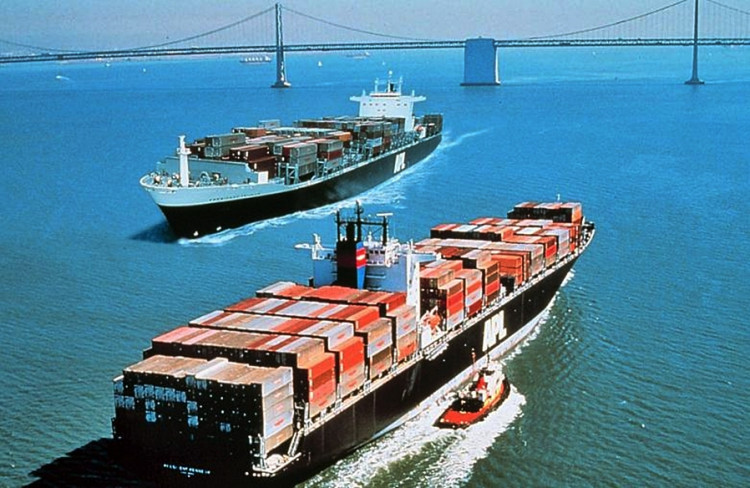The United States will still impose the promised sanctions on China on Aug. 23 and the low-level Chinese trade delegation meeting with Trump trade officials in Washington D.C. from Aug. 21 to 22 might be tasked with restoring trust between both sides.
Pundits warn not to expect any significant breakthrough in the increasingly acrimonious trade war triggered by Trump on July 6 with the imposition of $34 billion worth of tariffs on Chinese imports. On Aug. 7, the U.S. announced the second round of tariffs on $16 billion worth of Chinese goods will go into effect on Aug. 23.
The low-level trade talks this week hold out the hope, however faint, the U.S. and China might take the first baby steps towards resolving an increasingly brutal tariff war that will ultimnately damage total trade between the world's two largest economies.
The Chinese trade negotiators will be headed by Wang Shouwen, Vice-Minister of Commerce. It will meet U.S. representatives led by David Malpass, Treasury Undersecretary for International Affairs.
Analysts affirm the observation the talks are unlikely to lead to any breakthrough since they only involve lower-level officials. The agenda for talks hasn't been made public but what is certain is the huge diplomatic gap between both countries is preventing higher level progress being made to end the trade war. But both sides are talking and that's significant.
The Department of the Treasury doesn't impose U.S. tariffs, and this alone indicates nothing much is expected of the upcoming talks, said Joel Trachtman, a professor of international law at the Fletcher School of Law and Diplomacy at Tufts University.
Trachtman said one problem is that Treasury isn't the agency responsible for imposing U.S. tariffs. It's the United States Trade Representative or the Department of Commerce that does this. Malpass works for Treasury Secretary Steve Mnuchin, who is the trade dove in the Trump administration, said Trachtman.
Trachtman said this is perhaps the reason these talks are being coursed through the Treasury, which China sees as a friendlier place compared to the Commerce Department.
Trachtman thinks the Chinese are sending a lower level person because when they negotiated at a higher level with Mnuchin last May, they did reach a deal. Trump then decided that he didn't want that deal and dropped it in May.
Trachtman noted that most of the tariffs were imposed in response to Chinese intellectual property practices, especially where China ordered the transfer of technology as a condition for foreign direct investment from countries like the United States.
The United States also hasn't exactly said what kinds of changes it expects from China, which hasn't made any proposal along these lines. Given all of this, it's hard to imagine what lower-level officials can do, said Trachtman.






